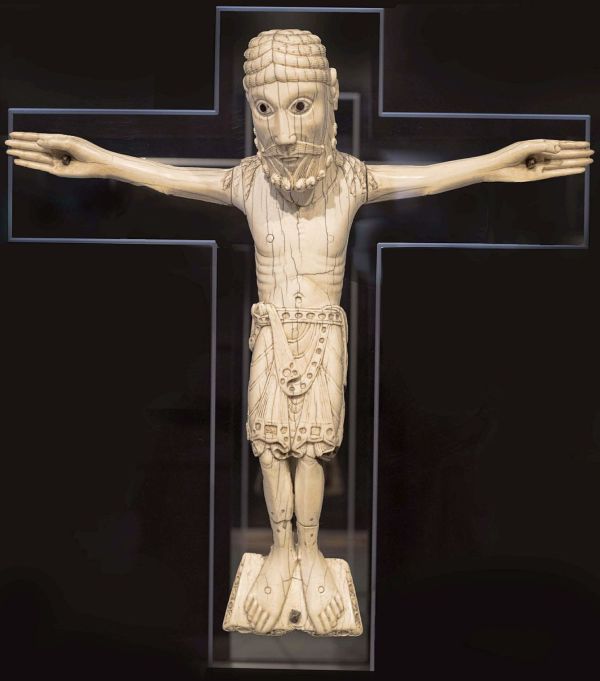Jesus places his missionaries before the stark reality:
"Behold I send you as sheep in the midst of wolves" (Mt 10:16).
At the same time, he invites them to trust the Spirit who will speak in them when they are accused and persecuted.
Francis, who had a good memory, carried with him these recommendations made by Christ to his disciples.
In Assisi he was esteemed insane.
Having known Christ, the Poverello well knew that following in his footsteps would provoke insults and lead to persecution, starting with his family.
In fact, the people of Assisi, and his shrewd merchant father, could not bear his radical change, and esteemed him a madman.
But Francis, the Herald of Christ, did not let himself be intimidated - guided by divine Wisdom, which suggests to those who welcome it every response appropriate to the moment.
The Franciscan Sources, a place of special evangelical commitment, narrate:
"One day, inflamed with enthusiasm, the saint left the cave and set out for Assisi, lively, swift and joyful.
Armed with confidence in Christ and inflamed with heavenly love, he reproached himself for cowardice and vain trepidation, and boldly decided to expose himself to the hands and blows of his persecutors.
At the first sight of him, those who knew him as he was before, began to insult him, shouting that he was a madman and a fool, throwing mud and stones at him.
Seeing him so changed, exhausted by penances, they attributed his change to exhaustion and dementia.
But the Knight of Christ passed through that storm without paying any attention to it, not allowing himself to be struck and agitated by the insults, giving thanks to God instead.
News of what was happening spread through the squares and streets of the city, until it came to the ears of his father.
Hearing how they were mistreating him, he immediately went out to get him, intending not to free him but to end it.
Out of his mind, he pounced on him like a wolf on a sheep, and staring at him with grim eyes and a face contracted in fury, he seized him and dragged him home.
There he locked him up in a dark cubbyhole for several days, doing everything, with words and blows, to bring him back to worldly vanity" (FF 1417).
But "Francis did not let himself be moved neither by words, nor by chains, nor by beatings. He endured everything with patience, indeed becoming more agile and stronger in following his ideal" (FF 1418).
Says Celano, in the Vita prima:
"The Christian, in fact, who has received the command to rejoice in tribulations, not even under scourges and chains can abandon his line of conduct and spirit and let himself be led astray from the flock of Christ.
He is not intimidated by the flood of many waters, he, who in every distress has the Son of God for refuge, who, lest we think the yoke of our sufferings too heavy, shows us how much greater are those which he has borne for us" (FF 340).
"You will be hated by all because of my name" (Mt 10:22).
Friday of the 14th wk. in O.T. (Mt 10,16-23)












